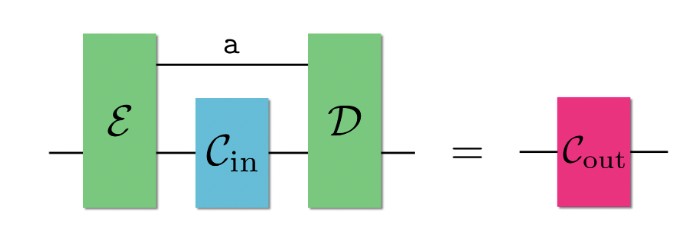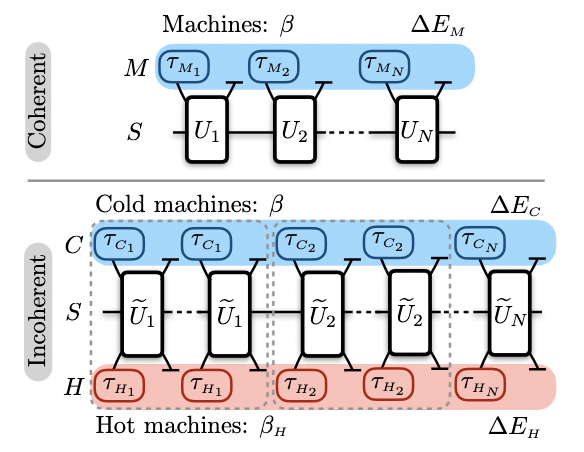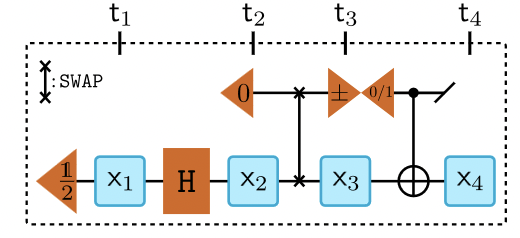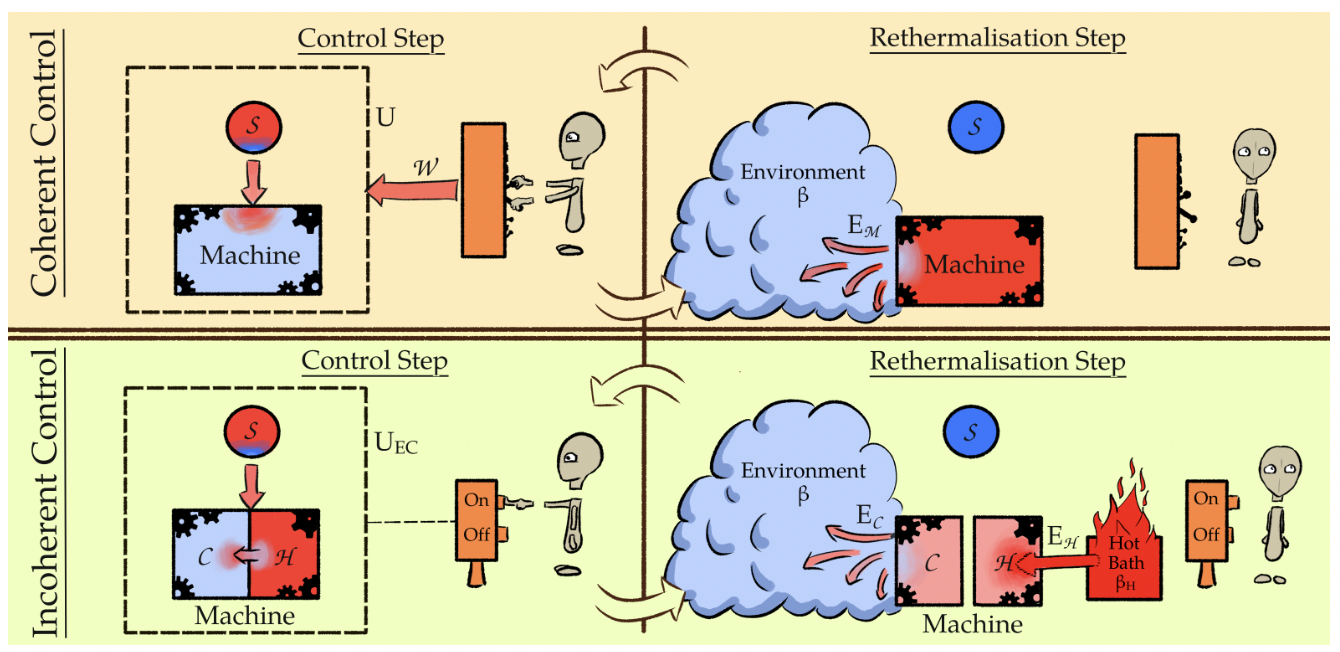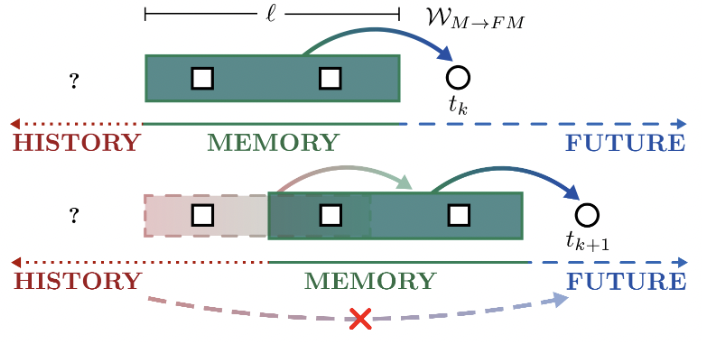Philip Taranto
Lecturer | Manchester Quantum Systems Group | The University of Manchester | Manchester, UK

Schuster Building 7.13,
Physics & Astronomy,
Univ. of Manchester,
United Kingdom
Hey there 👋 I’m Philip Taranto, a Lecturer (Assistant Professor) at The University of Manchester, leading the Quantum Information & Spatiotemporal Phenomena (QuISP) research group. I also serve as an editor for Quantum journal and a mentor for Research Girl.
“Complexity” is a notion that permeates our lives through phenomena like weather patterns, social dynamics, and biochemical reactions. Understanding these systems presents a unique challenge: on the one hand, their complexity makes them inherently difficult to model; on the other, the ability to simulate them would clearly be a powerful resource — imagine being at a casino and being able to perfectly predict a coin toss! While these examples stem from classical physics, many underlying principles extend to the quantum realm, albeit ultimately manifesting differently. My research investigates what defines quantum complexity and how it can be harnessed, tackling problems that range from the very foundations of information processing all the way to practical next-generation paradigms of computation and communication.
I was a JSPS Postdoctoral Fellow at the University of Tokyo, Japan (2022-2025) and before that I obtained a PhD in physics at the University of Vienna, Austria (2019-2022). I’m originally from Melbourne, Australia.
All of my scientific articles are freely available on arXiv and some statistics regarding them can be found on Google Scholar.
I am committed to empowering historically excluded and marginalised groups, particularly those facing systemic oppression due to class, race, ethnicity, gender, sexuality, disability, and other dimensions of identity. I advocate for open science and climate justice, and work actively to improve structural and material conditions within academia and beyond. I am against the militarisation of quantum technologies and refuse to seek or accept funding from departments of defence or companies working closely with them.
Feel free to contact me via email: philip.taranto@manchester.ac.uk.
News
| Nov 20, 2025 | Our work on the query complexity of simulating the quantum switch using quantum circuits has been published: Nat. Commun. 16, 10216. |
|---|---|
| Sep 29, 2025 | Very pleased to welcome the new PhD students: Maria Eduarda Filippetto, Tzu-Liang Hsu, and Irene Valladares Duque. Looking forward to working with you all! |
| Jul 8, 2025 | Our paper about robust error accumulation suppression for quantum circuits has been published: Phys. Rev. Research 7, 033029. |
| Jun 30, 2025 | Our work presenting a singular value transformation for unknown quantum channels is out: arXiv:2506.24112. |
| Mar 31, 2025 | Our paper presenting a universal algorithm for transforming Hamiltonian eigenvalues has been published: Phys. Rev. Research 7, 013331. |

